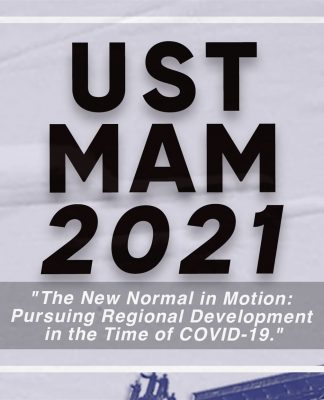DEMONIC, coercive, and unconstitutional. Ironically these have been thrown at a law supposedly crafted to eradicate terrorism that endangers national security.
Despite protests, President Macapagal-Arroyo signed Republic Act No. 9372, or the Human Security Act (HSA), into law recently and even without the implementing rules, has gone on to implement it. The implementation, according to National Security Adviser Norberto Gonzales, is meant to avert acts of terrorism and guarantee the well-being of Filipinos.
The law has been touted by its framers and champions as a way for the Arroyo administration to quell domestic terrorism, such as the abduction of Italian missionary Fr. Giancarlo Bossi by extremists and bandits in the South.
But critics say the law’s definition of terrorism is too broad as to include just about everything.
Under Section 3 of the law, piracy, rebellion, coup d’ etat, murder, kidnapping and serious illegal detention, crimes involving arson, the use of toxic substances, atomic bombs, high jacking, highway robbery, and unlawful possession of firearms are classified as terrorism if these create “a condition of widespread and extraordinary fear and panic.”
In its succeeding sections, the HSA suggests procedures for the surveillance of suspects and the interception of communications as well as the judicial authorization for authorities to examine bank deposits, accounts, and records. These provisions are provided with safeguards; they can only be sought by law enforcers only against members of a judicially declared and outlawed terrorist organization and against persons who commit any of the following crimes mentioned above.
Although the final version of R. A. 9372 seems to have incorporated safeguards and other suggestions made by lawyers and civil libertarians to check whatever tendency an anti-terrorism measure may have toward violating or making short shrift of civil liberties, there remain anxieties that the law may not be able to check terrorism, but instead pander to the terrorist proclivities of the state or its instrumentalities. What assurance do citizens have that the anti-terrorist measure will not fall into the totalitarian or ultra-police tendencies of the state?
The Catholic Bishops Conference of the Philippines has complained of the “vagueness” of certain terms and provisions of the law. The vagueness could have been cleared up by the implementing rules and regulations, but the government has pressed on with enforcing the law without the implementing guidelines, worsening therefore the anxieties of the citizenry.
The problem is that while the people agree that global and domestic terrorism needs to be checked, they aren’t necessarily impressed by the officialdom that will implement the campaign. The Americans have lost faith in Bush’s Iraq adventure, and the Filipinos haven’t exactly the best confidence in their military and police, confronted as they are with reports of unexplained disappearances and killings of dissidents and critics, such as Jonas Burgos, the son of press-freedom icon and Thomasian achiever Jose Burgos Jr. These sordid reports should indicate that for Filipinos, the terrorist and the law-enforcer may wear roughly the same black covering, an omen of the terrors of blind extremism and draconian totalitarianism.














